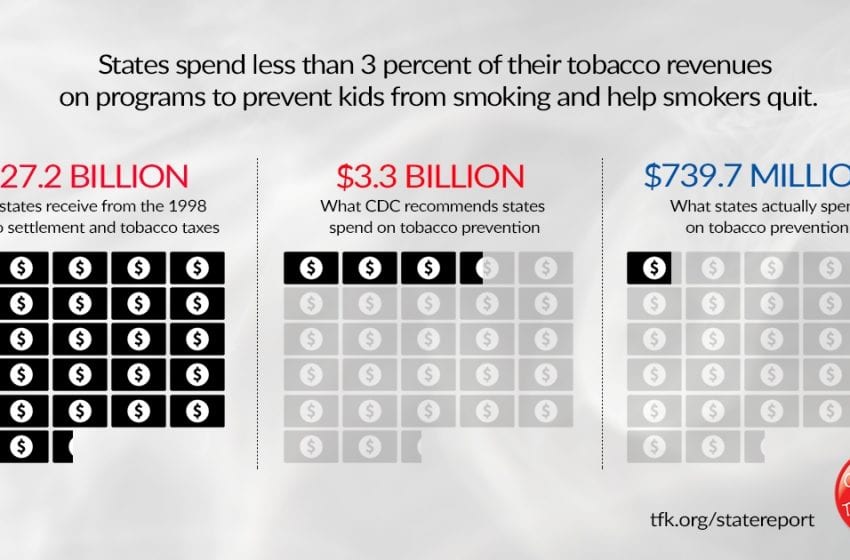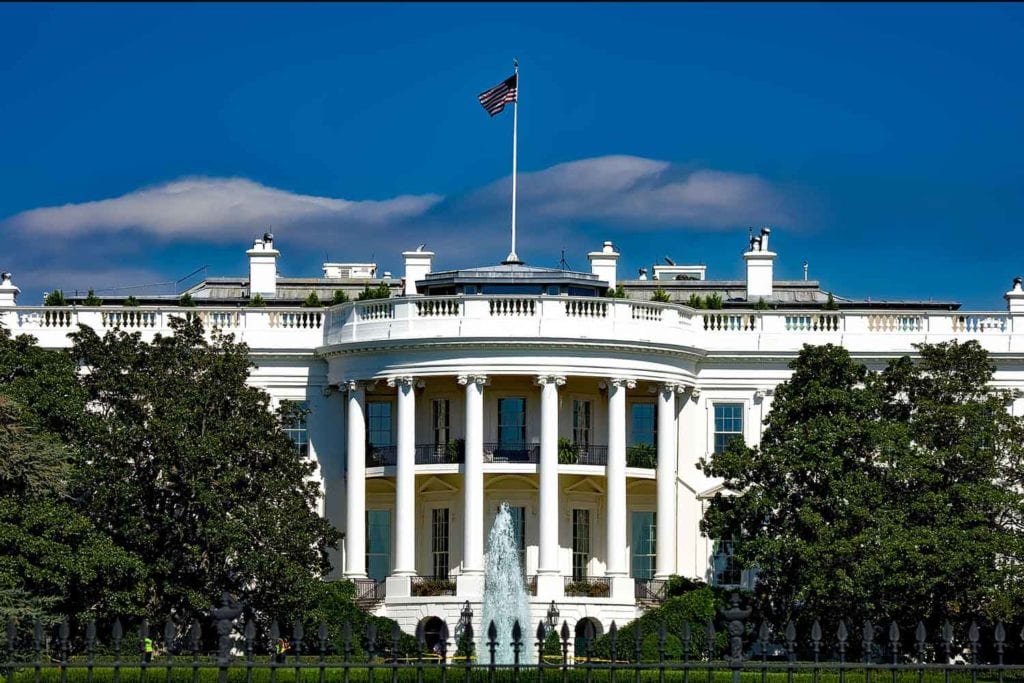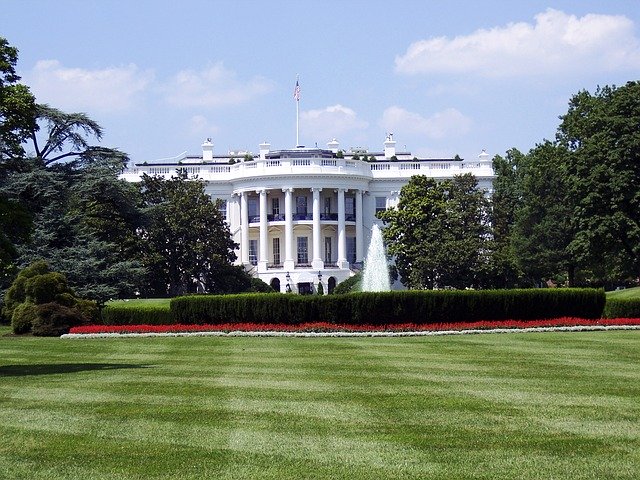U.S. President Donald Trump has signed into law a bill raising the federal age requirement for tobacco and vapor product purchases to 21 from 18.
The Food and Drug Administration has 180 days to update its regulations and the new rules will go into effect 90 days after that.
A bill to raise the legal age to buy tobacco was introduced earlier this year by Senate Majority Leader Mitch McConnell and Virginia Senator Tim Kaine and was combined with another bipartisan bill on the issue to become part of a massive spending package.
Proponents of the legislation argue that most underage teens who use tobacco get it from older friends. An estimated 90 percent of smokers start before age 18.
Delaying access to cigarettes is expected to produce major downstream health benefits, with one government-funded report estimating nearly 250,000 fewer deaths due to tobacco over several decades.
More than 34 million adults in the U.S., or about 13.7 percent of the population, smoke cigarettes, according to the Centers for Disease Control.
While the number of smokers has decline steadily in recent years, the number of underage nicotine users has increased along with the rising popularity of e-cigarettes.
Youth tobacco use has been a point of discussion in Washington as the prevalence of e-cigarette use and vaping among teenagers seemed to skyrocket.
Altria Group and Juul Labs were among the biggest supporters of the measure, blanketing Capitol Hill with lobbyists and advertisements touting their support for a national “Tobacco 21” law.
Health groups criticized their efforts as a tactic to forestall measures that would be more damaging to the tobacco and vapor business, such as banning flavored nicotine juices.
“Altria and Juul clearly support this in order to argue that no other action is necessary,” said Matthew Myers of the Campaign for Tobacco-Free Kids.
The legislation leaves unchanged a requirement that adverting be targeted to people who are at least 18, according to Stanton Glantz, director of the Center for Tobacco Research Control & Education at the University of California in San Francisco.












